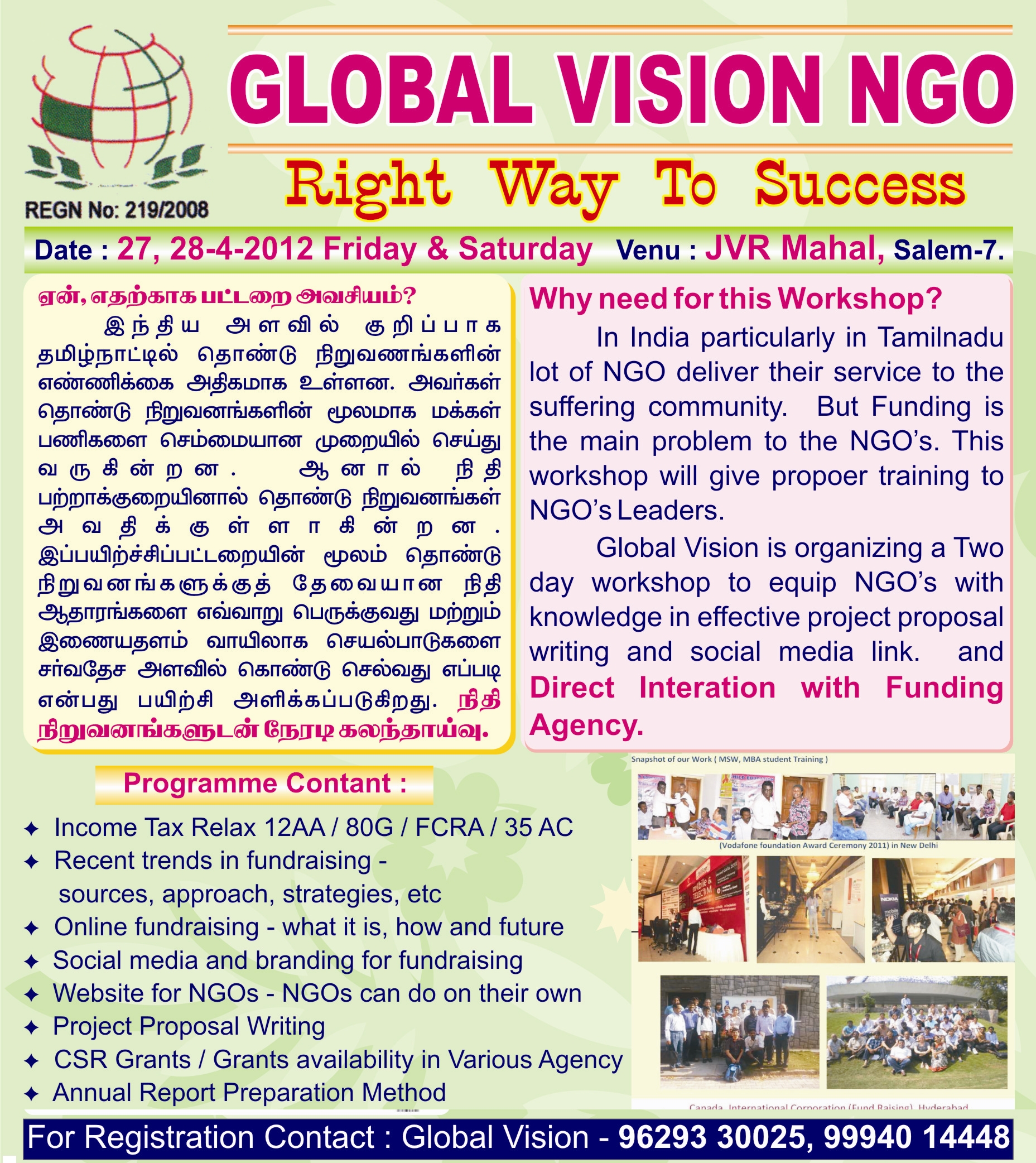Equity
Ek dozen pani - Twelve stories on the passage of water in Mumbai and its relation with everyday lives - Films by Aakansha Sewa Sangh, Agaaz, Arts Collective CAMP and Nikhil Anand
Posted on 14 Jul, 2012 05:07 PMAs part of an investigation into the social life of water in areas in Mumbai, Ek Dozen Paani is a collaborative project between youth of two community organisations namely, Aakansha Sewa Sangh and Agaaz, Arts Collective CAMP and anthropologist Nikhil Anand and includes twelve s
Privatisation of water services in New Delhi : Myth and reality - Report by Water Privatisation - Commercialization Resistance Committee
Posted on 09 Jul, 2012 12:40 PMResidents of Delhi have been protesting against privatisation of water atleast since 2005.
wH2O: The Journal of Gender & Water of the University of Pennsylvania calls for abstracts on gender and water issues - Submit by August 15, 2012
Posted on 05 Jul, 2012 12:15 PM

wH2O is an online, open-access academic journal for women and water issues around the world. Our vision is to publish a yearly journal; provide a centralized hub for women, water and sanitation information; and eventually, be able to provide research grants to facilitate more research in this space. Our mission is to advance women’s economic and social development by creating a centralized body of interdisciplinary research on water and sanitation issues.
Water commercialization, a threat to human rights - A Gandhian prospect
Posted on 17 May, 2012 11:00 AMProviding usable water is one of the toughest challenges that most of the countries of the world are facing today. And in an era of liberalization and domination of capital centric policies commercialization of water is not a shocking step.
Women and sustainable development - Women’s empowerment is a key factor for achieving sustainable economic growth
Posted on 13 May, 2012 02:50 PMSustainable development depends on an equitable distribution of resources for today and for the future. It cannot be achieved without gender equality. Women’s empowerment is a key factor for achieving sustainable economic growth, social development and environmental sustainability.
Septic tanks or death tanks! We need to improve sanitation facilities to eradicate the inhuman practice of manual scavenging
Posted on 05 May, 2012 03:18 PMAuthor : Gagandeep
“We have to end the biggest dehumanising activity called manual scavenging”
Occupational health hazards in sewage and sanitary workers - A paper published in the Indian Journal of Occupational and Environmental Medicine
Posted on 04 May, 2012 03:59 PMWorking conditions of the sanitory workers have found to remain unchanged over the years and pose a considerable risk to the dignity and health of the workers.
Microfinance institutions get away with farmer suicide abetment charges: Police close a third of the cases in Andhra Pradesh
Posted on 27 Apr, 2012 12:43 PMArticle Courtesy : Down to Earth
Author : M Suchitra
Global Vision NGO organizes two day workshop on effective project proposal writing and social media links in Salem, Tamil Nadu, 27- 28 April 2012
Posted on 24 Apr, 2012 10:20 AMArticle Courtesy : Global Vision NGO

Appointment of young professionals as Prime Minister's Rural Development Fellows - Some questions
Posted on 23 Apr, 2012 11:19 AMThe critics of the PMRDFS have already started asking questions as follows:



